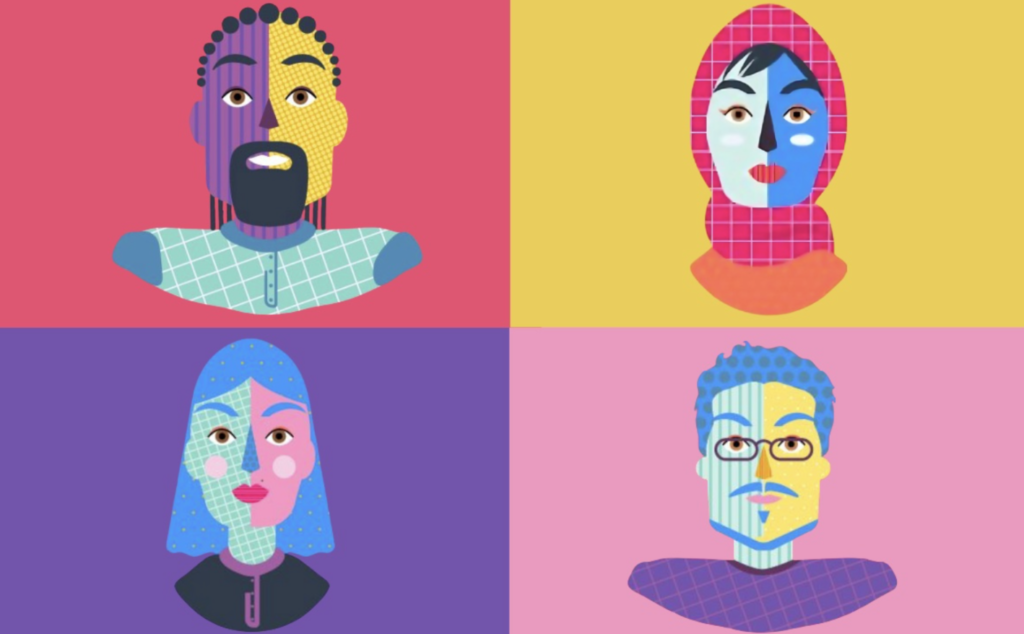
Is Selling Foot Pictures Online Halal or Haram? An Islamic Perspective
August 11, 2025

In today’s digital economy, unconventional income streams are constantly popping up, ones that weren’t specifically addressed in traditional Islamic texts, such as selling pictures of your feet online. Muzz is a place of no judgement, we will answer the questions you’re afraid to ask. While we can’t definitively say whether it is haram or halal, we can dive into the knowledge we have about this so you can reach your own conclusion.
Watch our CEO address this and more in this video ⬇️


Looking for your soulmate?
You won’t find your soulmate on this blog post but you might find them on Muzz - the world’s biggest Muslim dating and marriage app.
Understanding the Islamic Framework for Evaluating Actions
Before addressing this specific question, it’s important to understand how Islamic scholars evaluate new situations:
- Intention (Niyyah) – What is the purpose behind the action?
- Context and Usage – How will the content be used?
- Principles of Modesty (Haya) – Does it align with Islamic modesty?
- Harm Reduction – Does it lead to potential harm?
- Available Alternatives – Are there better options?
The Reality of the Foot Pictures Industry
While selling foot pictures might seem innocuous at first glance, it’s important to understand the context:
- Most foot picture marketplaces are explicitly connected to fetish communities
- Buyers typically purchase these images for sexual gratification
- The industry operates in proximity to more explicit adult content
- Sellers are often encouraged to gradually provide more provocative content

Islamic Considerations Around Selling Foot Pictures
1. Intention and End Use
In Islam, actions are judged by intentions. When selling foot pictures online, consider:
- Are you aware of how these images will likely be used?
- Are you contributing to something that contradicts Islamic values?
The Prophet Muhammad ﷺ said: “Actions are according to intentions, and everyone will get what they intended.” If you know your images will be used for inappropriate purposes, this becomes problematic regardless of what part of the body is photographed.
2. Modesty (Haya)
While feet themselves aren’t considered awrah (parts of the body that must be covered) for most Islamic scholars, the context matters significantly:
- Creating content specifically to cater to sexual desires contradicts Islamic modesty, as you know that someone isn’t viewing this body part as neutral
- Participating in an industry that objectifies body parts conflicts with Islamic principles
- The gradual normalisation of selling increasingly intimate content creates a slippery slope; while feet might not be innately sexual, selling this content puts you on a path where you might start getting roped into creating other content
3. Contributing to Harmful Industries
In Islam, there’s the concept of sadd al-dhara’i (blocking the means to evil). Muslims are encouraged to avoid:
- Supporting industries that exploit or objectify people
- Participating in systems that normalise inappropriate desires
- Creating content that could lead others toward haram activities

4. Financial Considerations
While seeking halal income is important:
- The Quran emphasizes earning money through ethical means
- There are many alternative ways to earn money that don’t raise these ethical concerns
- Short-term financial gain shouldn’t compromise long-term spiritual wellbeing
Scholarly Perspectives
While there isn’t a specific fatwa from classical scholars about selling foot pictures (as this is more of a modern issue), most contemporary scholars would probably consider selling foot pictures online to be problematic or haram because:
- The primary market for these images is for inappropriate purposes
- It contradicts the spirit of modesty encouraged in Islam
- It could be a gateway to more explicit content creation
- It potentially contributes to unhealthy fetishization

Conclusion
While feet themselves aren’t awrah in most scholarly opinions, selling foot pictures online typically involves participation in an industry that conflicts with Islamic principles of modesty and avoiding contribution to potentially harmful activities.
Before pursuing any income stream, Muslims should consider not just whether something is technically permissible in the narrowest sense, but whether it aligns with the broader values and spirit of Islam. Financial decisions, like all decisions in a Muslim’s life, should be guided by taqwa (God-consciousness) and a desire to please Allah rather than simply maximizing income.
If you’re facing financial hardship and considering unconventional income sources, remember that Islam encourages seeking knowledge and developing skills that can lead to sustainable, clearly halal income. Consider speaking with your local imam or a trusted Islamic scholar who can provide guidance specific to your situation.
Disclaimer: This article presents a general Islamic perspective based on principles of fiqh (Islamic jurisprudence). Individual circumstances may vary, and Muslims are encouraged to consult knowledgeable scholars for specific guidance.
